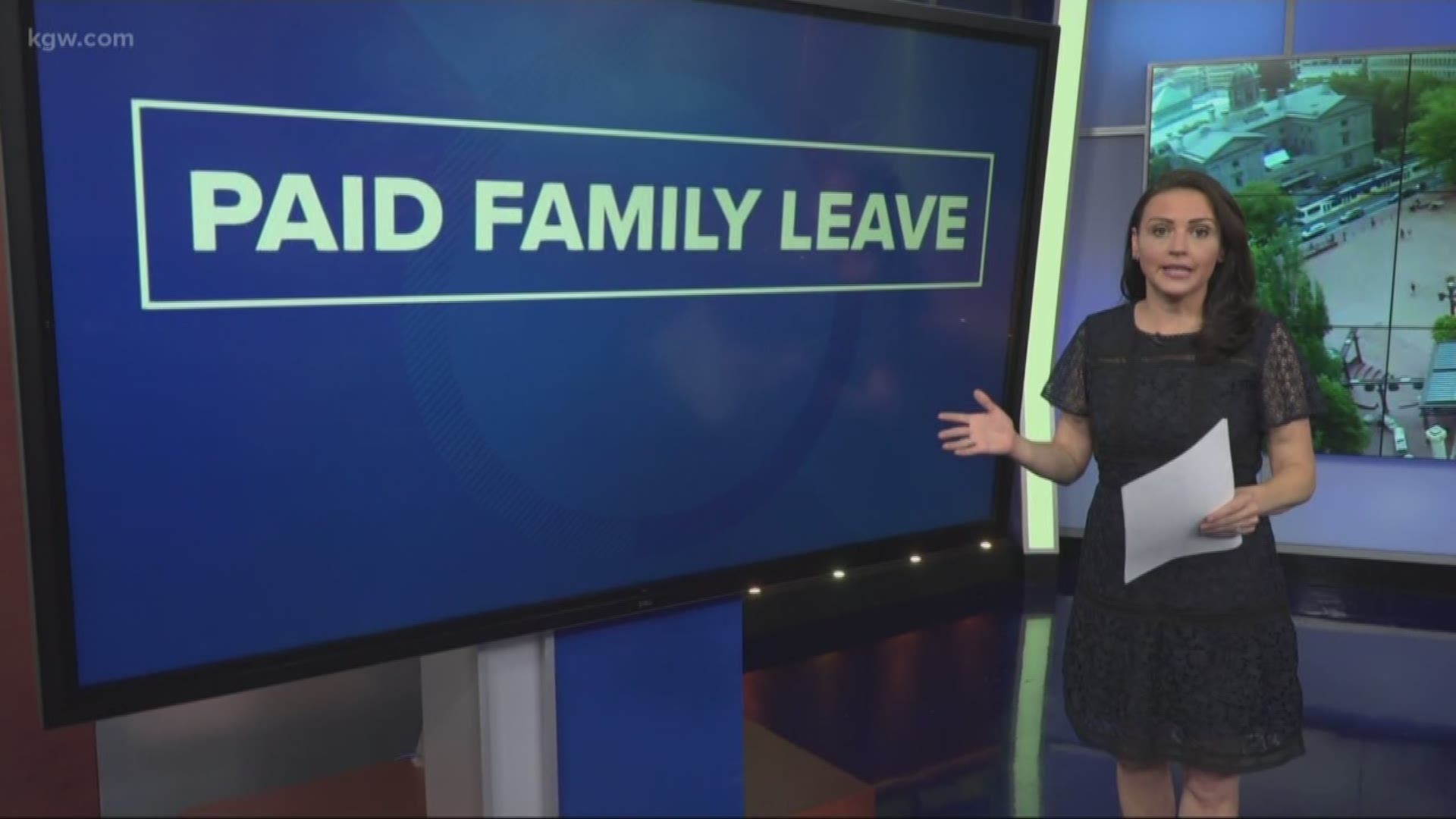SALEM, Ore. — Though the 2019 legislative session may be remembered by some for not just one, but two publicized walkouts by Republican coalitions, several large-scale bills have been signed into law by Gov. Kate Brown that will likely affect most Oregonians.
The Student Success Act will bring at least $1 billion in funding to Oregon's public schools through a business tax, but it didn't pass without drama.
Senate Republicans staged a walkout in May and didn't return to the Capitol until Democrats agreed to scrap bills on gun control and vaccines in exchange for their votes.
Educators cheered the funding boost, which they say is sorely needed to combat years of cuts that have forced schools to slash staff and programs like arts, music and P.E. And Democratic lawmakers lauded the bill as "once in a generation" education bill.
Housing
Oregon became the first state nationwide to ditch single-family zoning in cities with more than 10,000 residents, by allowing duplexes to be built on land previously zoned for single-family homes. It'll also allow for cities with more than 25,000 residents to allow for triplexes, fourplexes and "cottage clusters" on similarly designated land.
Housing advocates are calling the bill a historic achievement, one they hope leads to cheaper housing across the board in highly-populated
Undocumented immigrants will be able to obtain non-commercial driver’s licenses without having to prove legal residency through the Equal Access to Roads Act. They will still be required to pass a driving test and prove they live in the state. Supporters of the bill say it will lead to fewer hit-and-runs and uninsured drivers.
Paid family leave
This bill will allow all workers who earn more than $1,000 per year to receive up to 12 weeks of paid leave for family or medical reasons. Employers and workers would begin paying into the fund in 2022, and some small business are exempt.
Paid postage for mail-in ballots
Oregon is joining neighboring mail-in ballot states like California and Washington in offering paid postage for ballots. The bill will cost $1.7 million and will take effect during the 2020 general election.
Voters will decide in 2020 whether they want to increase costs of cigarettes by $2 a pack, and tax e-cigarettes and other vaping products at 65 percent of the wholesale price.
The funds from this tax would bridge the funding gap for the state’s Medicaid program.
Those seeking expungement will no longer have to pay a fee, and they also won't have to provide fingerprints or undergo a background check.
Rep. Janelle Bynum says those with outdated convictions have trouble securing housing and employment and that they are "still paying the price for actions that we have decriminalized."
The "Idaho Stop"
This law allows bicyclists to treat a stop sign or flashing red light like a yield sign, and a red light as a stop sign.

